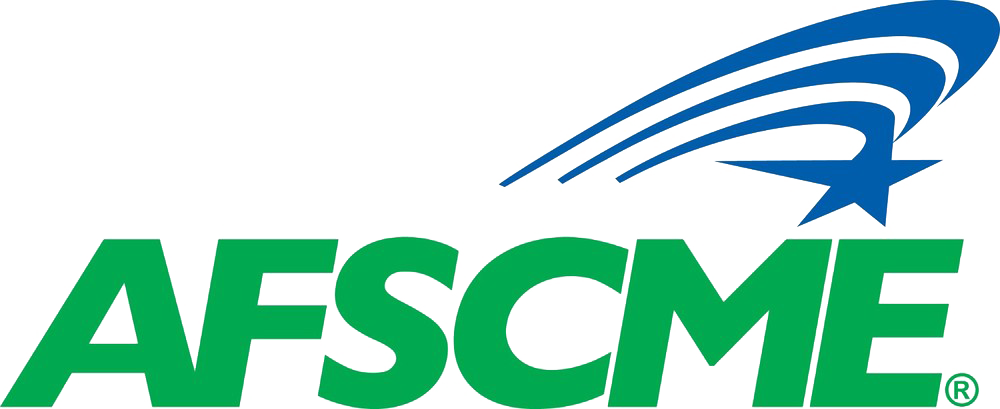No politician running for office today would openly advocate for more wealth inequality in our country, where the richest 1 percent of the population owns 40 percent of the wealth.
Even candidate Donald Trump in 2016 promised to stand up for the “forgotten men and women of our country,” who feel betrayed by a rigged economic system that benefits a small minority at their expense.
Yet every single day, President Trump and congressional leaders seem determined to do more to increase wealth inequality than to alleviate it; do more for corporations and the wealthy than for single parents working two or three jobs to make ends meet. The things they have claimed victory for – such as cutting taxes for corporations and the rich, standing against workers’ rights and appointing anti-labor judges, among others – will no doubt make wealth inequality even worse. This is especially true of the tax bill.
Wealth inequality isn’t color blind. White families own much more wealth than families of color. Reducing wealth inequality is about fixing a rigged economic system that is especially harmful to workers of color.
How? A new report by the Center for American Progress (CAP) gives a hint. Titled, “Union Membership Narrows the Racial Wealth Gap for Families of Color,” it shows how labor unions help reduce wealth inequality for communities of color.
“White families … have significantly more wealth than nonwhite families,” according to the CAP report, which was released this week. “There are a few institutions that help shrink this systematic divide; unions are one such institution.”
Unions benefit all workers, but especially workers of color, who are more likely to work low-paying jobs with few benefits, the report says.
“The data suggest that nonwhite union members receive a particular boost in their wealth because they see larger increases in pay, benefits, and employment stability than white union members,” according to the analysis.
Addressing wealth inequality is about giving workers more negotiating power; not less. It’s about enforcing workers’ rights and giving workers a voice on the job.
“The opportunity to improve middle-class economic security and reduce wealth inequality in the United States exists,” the report concludes. “Allowing more workers to join a union will eventually narrow today’s wealth gap. Specific policy steps could include providing virtually all workers with the right to join a union and bargain collectively, ensuring that these rights are adequately protected, encouraging collective bargaining at the industry or the regional level, and strengthening funding streams for unions.”
Learn More
- Learn about the difference that joining together through AFSCME makes in the lives of public service workers.
- Learn more about AFSCME members and about our union.
- Download our Never Quit brochure.
